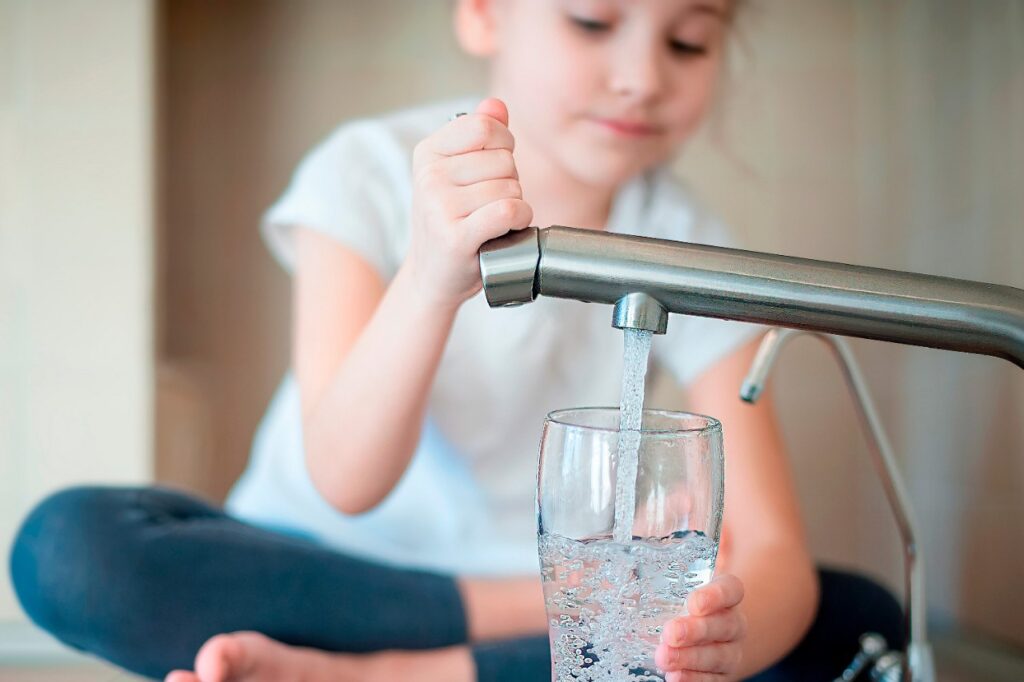Our dependence on water requires us to ensure its conservation.

Our dependence on water for human and animal consumption and the economic development of society, together with the limitations that exist for this natural resource, require us to ensure that we save it.

Matanzas is a province internationally recognized for the beauty of its landscapes and the economic and social benefits offered by these ecosystems.
However, many of these physical particularities make it an extremely vulnerable territory to the effects of climate change that we are experiencing today.
One of the most striking examples is the presence of important open aquifers, large extensions of wetlands and low or very low coasts. This indicates that as the average sea level rises, these geological formations, which store and release water, may become salinized.
If this process is combined with anthropic actions such as inadequate management by extracting more liquid than is necessary for domestic and agro-industrial overconsumption, as well as the destruction of natural filters such as mangroves and swamp forests, then salinization is accelerated.
In Matanzas, specifically in the municipality of Martí, oil development with the factory works that it requires and the agricultural projects carried out in the area, caused the weakening of mangroves and marsh grassland that purify water and protect from strong winds and floods.
Hence the importance of preserving coastal ecosystems, avoiding the fragmentation of habitats with roads or highways, the dumping of polluting waste, and not overexploiting the aquifers, so that the salt wedge does not advance.
If the health of the environment is maintained, it can fulfill the environmental services it provides free of charge and thus help to face the phenomena derived from the increase in climate change.
Equally important is the social and investment discipline in the economic and service sectors that do not carry out an efficient wastewater treatment, because they do not see it as part of their own productive system and thus put aquifers and surface waters at risk.
Our dependence on water for human and animal consumption and the economic development of society, together with the limitations that exist in this natural resource, require us to ensure its conservation and, above all, the preservation of its primary sources.
According to a report prepared by the World Health Organization and UNICEF, around three out of every ten people in the world do not have access to drinking water due to the scarcity of the liquid.
In addition, almost two million people die each year from diseases caused by the consumption of contaminated water.
Written by Ana González Goicochea.




